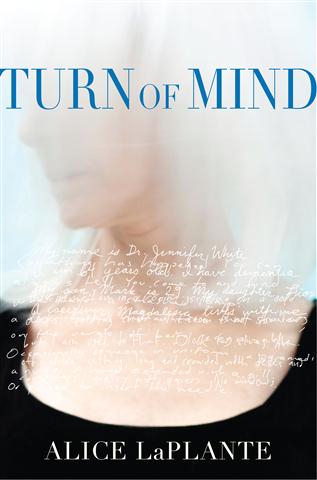Novels with unreliable narrators--those who distort circumstances and deviate from the truth to suit themselves--continue to draw readers and become book club favorites. This has been shown by the astounding success of The Girl on the Train. Author Paula Hawkins creates in her protagonist, Rachel, a depressed, jilted lover and forgetful alcoholic who obsesses over an old flame. When she gets mixed up in a murder investigation, should readers feel sorry for--or condemn--her?
Here are some other books featuring dubious, female narrators that would be good for book club discussions:
Luckiest Girl Alive by Jessica Knoll centers on Ani FaNelli, a woman who believes she's escaped a scandalous, humiliating past and successfully reinvented herself. But has she? A glamorous job and a handsome fiancé can take Ani only so far. If the secret truth of her past comes out, will it lead to her demise or set her free?
 Dr. Jennifer White, a retired orthopedic surgeon battling dementia, becomes the prime suspect in the investigation of the murder of her best friend in Turn of Mind, a gripping literary thriller by Alice LaPlante. Is Dr. White's deteriorating memory and debatable grasp on reality a blessing or a curse?
Dr. Jennifer White, a retired orthopedic surgeon battling dementia, becomes the prime suspect in the investigation of the murder of her best friend in Turn of Mind, a gripping literary thriller by Alice LaPlante. Is Dr. White's deteriorating memory and debatable grasp on reality a blessing or a curse?
A power-play of friendship and jealousy anchor What Was She Thinking: Notes on a Scandal by Zoë Heller, in which a lonely schoolteacher named Barbara Covett befriends Sheba Hart, an art instructor. When Barbara learns that Sheba is having an illicit affair with a 15-year-old pupil, are her efforts to "save" Sheba from the consequences of her actions intended to destroy the young teacher's life?
Is there really such a thing as a reliable narrator in fiction? Every person who tells a story could be deemed as "unreliable" because storytellers, by nature, are limited by the view of events as they are perceived and experiences as they unfold. --Kathleen Gerard, blogger at Reading Between the Lines

